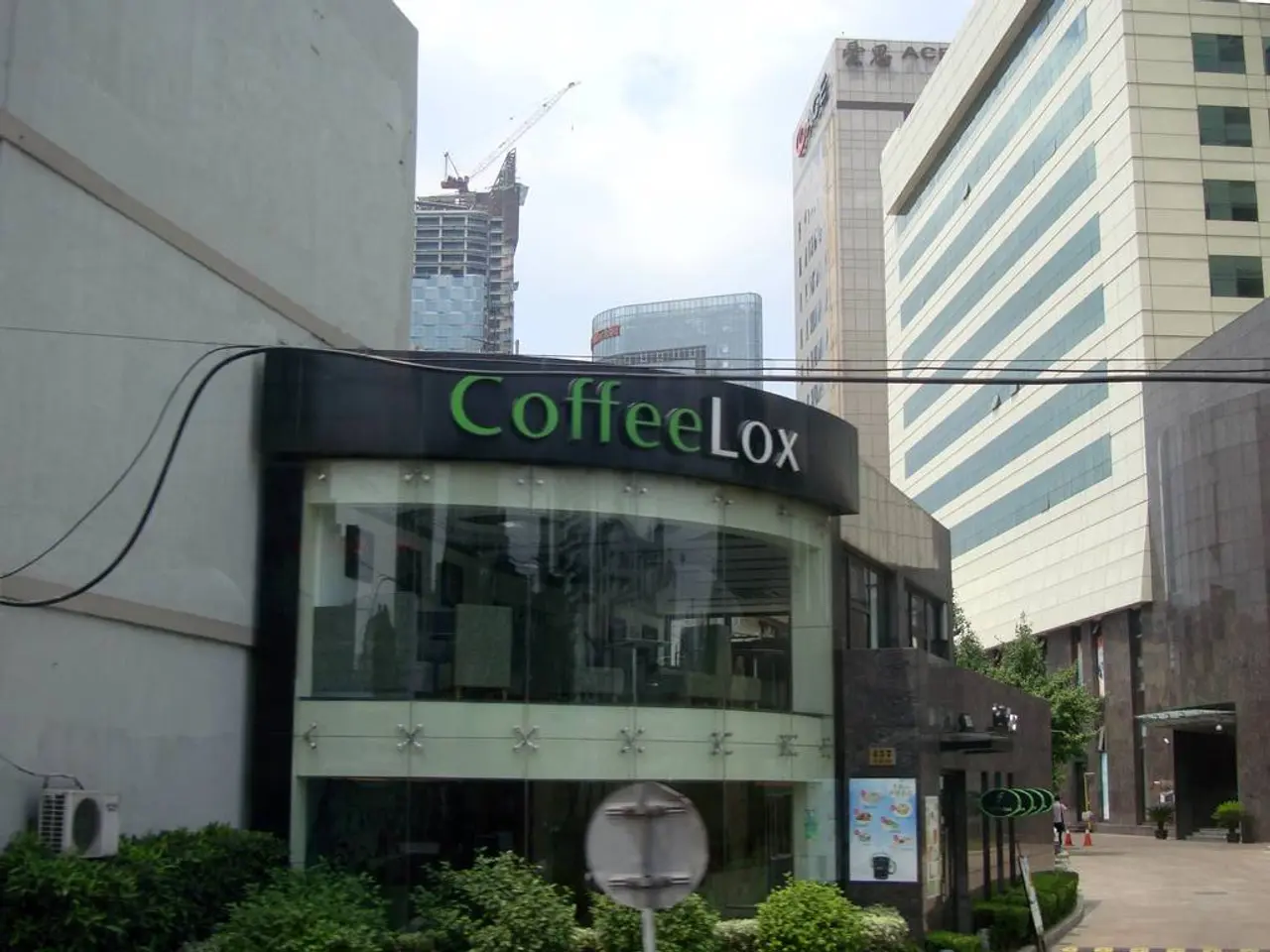Solar Panel Compatibility for Business Structures: Assessing Fit for Industrial Rooftops
In the Northeastern United States, the process of installing solar panels on commercial buildings is a meticulous endeavour. New England Clean Energy, GAF Energy, HI POWER Solar, and 8MSolar are some companies offering comprehensive services to simplify this process.
Firstly, obtaining the necessary permits is crucial. These typically include an electrical permit, a structural or building permit, and a dedicated solar PV permit. These permits require rooftop inspections to ensure the PV system has sufficient structural support.
New England Clean Energy, for instance, manages projects from initial design, installation, and optimizing electrical infrastructure in commercial buildings, including handling all necessary permits for grid interconnection. GAF Energy provides end-to-end support for solar roofing systems, while HI POWER Solar specializes in solar PV installation and integration, including battery storage solutions.
Communities may have height restrictions that can impact the design of your solar PV system. Moreover, solar panels should be matched with the electrical infrastructure of the building in terms of voltage levels and types.
Aesthetic requirements are also essential considerations. Most businesses will have standards to meet, ensuring the solar panels blend harmoniously with the community. Some aesthetic requirements may only allow flush rooftop solar panels, or have restrictions on ground-mounted solar panels.
Communities may also require any rooftop mechanical equipment to have a screening for a more professional look. However, a screen placed on top of a solar panel would cause shading and limit its effectiveness.
Zoning codes play a significant role in solar panel installations. The easiest codes to work with are those that include the right to solar panels within the allowed accessories section of the zoning code. Conversely, if the code fails to include whether solar panels are permitted, the installation process can take longer.
The approval process with local utility companies can be expedited with documentation provided by companies like 8MSolar. It's also important to determine the electrical distribution of the building for optimum efficiency when planning a commercial solar PV system.
There are two ways to connect solar panels to an industrial building: line-side tap connection and load-side tap connection. Solar panels and facility generators should be electrically isolated to prevent damage to the generators.
Lastly, an interconnection request is required before the installation of a new solar PV system. The larger the system, the longer it takes for permission to operate to be granted. However, with the right planning and the help of solar service providers, this process can be made more efficient.
In conclusion, while the process of installing solar panels on commercial buildings may seem complex, companies like New England Clean Energy, GAF Energy, HI POWER Solar, and 8MSolar are making it easier by providing comprehensive services, from initial design to grid connection approvals.
Read also:
- Peptide YY (PYY): Exploring its Role in Appetite Suppression, Intestinal Health, and Cognitive Links
- Toddler Health: Rotavirus Signs, Origins, and Potential Complications
- Digestive issues and heart discomfort: Root causes and associated health conditions
- House Infernos: Deadly Hazards Surpassing the Flames








